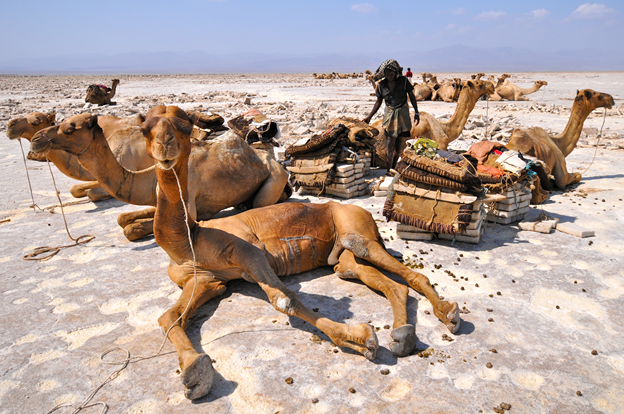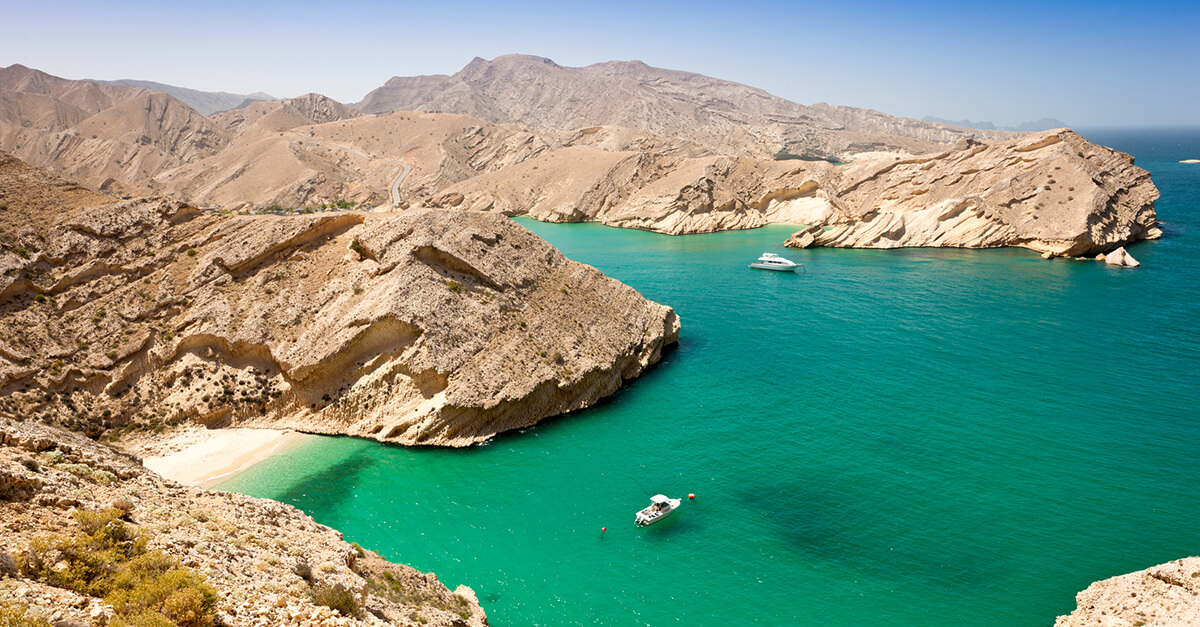Tourism is a booming industry in developing countries with ever increasing market share that account for two-thirds of globally sought destinations. In Ethiopia only, the industry generates $2.9 billion annually creating close to a million jobs covering 4.5% of the GDP.
Travel & Tourism is an important economic activity in most countries around the world. To take its share on this lucrative industry, Ethiopia has taken an initiative to develop the tourism sector. Leisure is the principal driver of demand in Ethiopia due to its rich culture and history. The tourist flow has also been growing over the years. The Ministry of Culture and Tourism (MoCT) rolled out the road map to triple number of tourists to more than 2.5 million by 2020. This would make Ethiopia one of the top five tourist destinations in Africa. During the past year, close to 800,000 tourists visited Ethiopia. This number is expected to increase to one million bringing over $3billion revenue by the end of 2016.
Tourism in Ethiopia dates back to the pre-Aksum period. These depicted travels to the then Punt land, the source of the Nile, and where they traded for gold, ivory and slaves. The fourth century Persian historian, Mani, described the Kingdom of Axum as being one of the four great empires of the world, ranking it alongside China, Persia and Rome according to the World Bank. Modern tourism in Ethiopia started with the formation of the Ethiopian Tourist Organization in 1961. The outlook for the sector remains positive with government measures to boost number of visitors. The direct contribution of Travel & Tourism to GDP is 1.2% however its contribution is expected to be 4.8% in 2024.
To attain this ambitious target, MoCT has identified main focus areas that are aspired to enhance cooperation and collaboration with development partners and effective destination promotion. With eleven registered world heritage sites by UNESCO, including the recently recognized Konso Cultural Landscape, Meskel Demera Festivities and Fiche-Chambelala, the Sidama people’s New Year celebrations are anticipated to upsurge number of visitors.
Travel & Tourism’s impact on the economic and social development of a country is enormous; opening it up for business, trade and capital investment, creating jobs and economic development while protecting heritages. Ethiopia is making its way to benefit from tourism, striving to portray its current infrastructural development. As the number of visitors increases, the demand for developed infrastructure also increases. Ethiopia has immense and untapped natural resources, a competitive labor force and stability. These attributes make it a major investment destination in Africa creating many opportunities for the tourism sector.
“The massive hotel construction has steered towards economic diversification with renewed focus, with tourism among other sectors being viewed as a key source of potential alternative revenues, as well as a vehicle for job creation.” Alexander Burtenshaw, Country Manager of Jovago Ethiopia said. “To that end, government priorities include accelerating hotel construction, improving personnel training, raising service quality and facilitating investment promotion.”
According to figures from the World Travel and Tourism Council (WTTC), the global travel and tourism sector today accounts for 9.5% of global GDP, 5.4% of world exports and one in every 11 jobs made tourism an important pillar of economic development. To have its fair share from this global development, Ethiopia is making headway to gain a larger slice of this market.
By Eden Sahle



